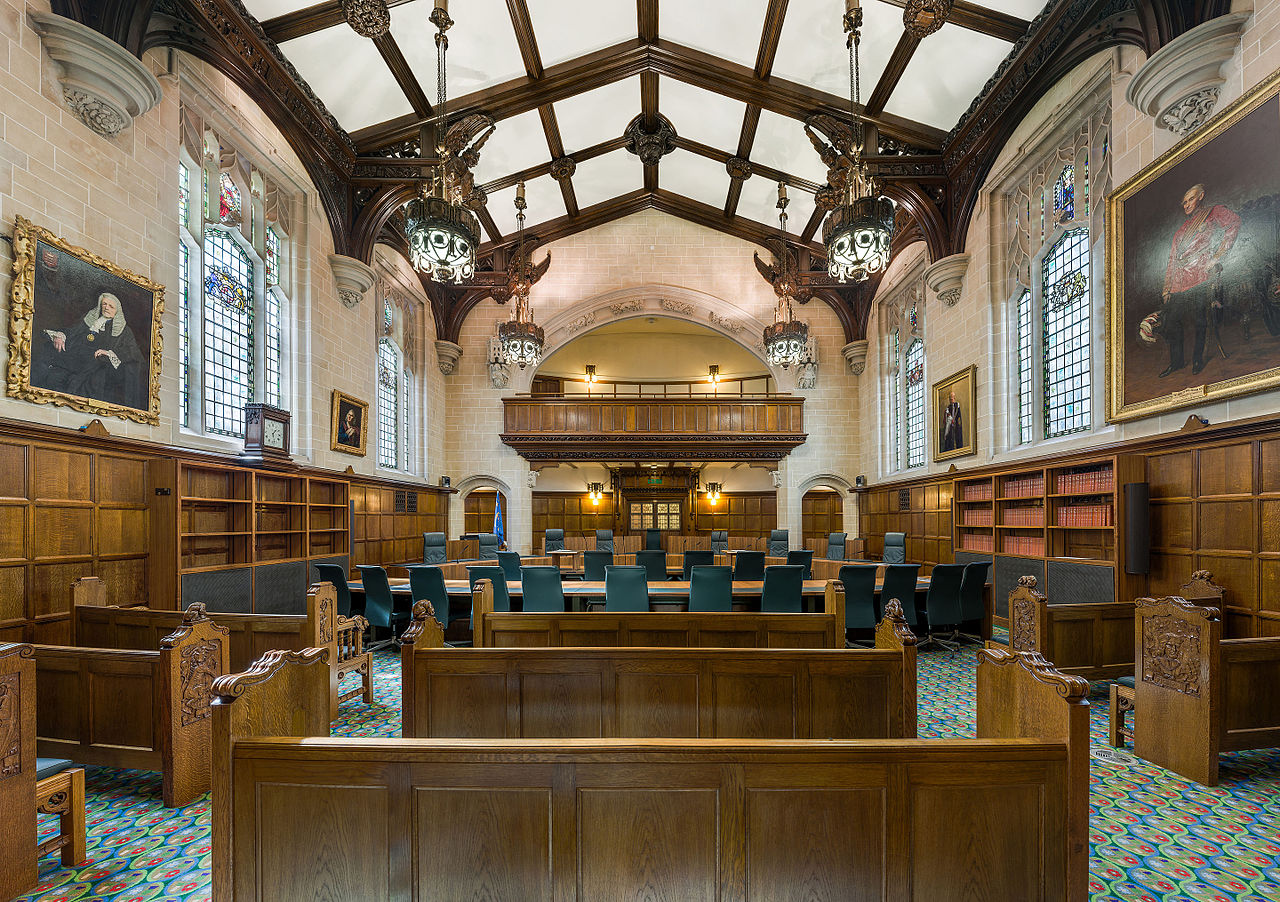Law
Legal frameworks are a potent force for achieving net zero, coordinating action, creating minimum standards, and creating an enforcement mechanism to maintain accountability.
Progress Towards Net Zero Law
Recent net zero legislation can be found across the world:
- 6 countries (Sweden, the United Kingdom, France, New Zealand, Denmark, Hungary) have adopted legally binding net zero targets
- The EU is considering a proposal to legally adopt a net zero by 2050 target
- Cities and municipalities around the globe are increasingly passing net zero resolutions
Legal frameworks require clear commitments, regular reporting, science based targets, and a credible enforcement mechanism to be effective
case studies
THE UK'S NET ZERO LAW
The UK legislated for a net zero target through an amendment to its Climate Change Act 2008, becoming one of the first countries in the world to enshrine a net zero target into law.
THE EU'S GREEN NEW DEAL
California’s Carbon Neutrality Goal
California, in response to the lack of federal leadership on climate, has made significant steps in establishing a net zero goal including…
Key Challenges
Net zero laws must face the dual challenges of coherence and adoption. Any net zero legislation must be grounded in credible science based targets to ensure that it is a comprehensive goal, and is coherent with global net zero goals across levels. Second, there is a need to prioritise the adoption of net zero laws at every level, from cities to states. Increasing knowledge-sharing of legal best practices, alongside sustained pressure on legislators by citizens and civil society will ensure that the net zero agenda is incorporated and supported in a legal context.



An image of the inside of a courthouse.
Solutions for creating and adopting net zero laws
Increasing the adoption of net zero laws requires greater ambition and participation across every level of society. The solutions required to foster these goals are context-specific, but can include:
Greater scrutiny of countries’ climate ambitions
Through a close examination of a country’s NDCs, diplomatic pressure can be exerted to ramp up its ambition.
Increase sub-national net zero governance
Sub-national governments play a key role in net zero lawmaking, and increasing the ease with which these efforts may be coordinated between and within states, through coalitions such as the C40 Cities Climate Leadership Group is vital to any net zero effort.
Encourage net zero commitments by non-state actors
Companies and civil society groups have a key role in achieving net zero, and internal commitments can be fostered both through member organisations like the Climate Action Network, but also incorporating and monitoring their efforts through the existing UNFCCC framework.
Ramp up citizen participation
Fostering citizen participation in climate lawmaking, through the establishment of bodies such as Ireland’s Constitutional Convention, allowing public desire for climate action to be channeled into a policy-relevant evidence-base to compel governments to create ambitious net zero laws.
Innovations in net zero lawmaking
Net zero targets that have been enshrined into law will need to be coupled with complimentary policy packages in order to become a reality. In a recent report, Energy Systems Catapult suggested a range of policy packages that would need to co-occur with the UK’s net zero law in order to increase its effectiveness. These included:
Incentivising low carbon economic development
Creating economic incentives for low carbon development in the private sector, including the adoption of low and zero carbon heating in homes.
Reforming planning and energy laws
Increasing the flexibility of local area planning frameworks to allow for greater granularity in tailoring low carbon energy solutions for local contexts. Furthermore, net zero laws can be enhanced through initiatives such as promoting the rollout of smart responsive energy metering and grids, enhancing the availability and digitisation of open-source energy data to allow for further digital innovation, and the careful development and management of tradeable and robust emissions credits to account for residual emissions within the net zero system.
Developing carbon capture markets
Funding mechanisms could be created that would promote the development of carbon capture and utilisation industrial hubs.



An image of a gavel on a desk.
Why Net Zero Law?
Passing net zero laws are important not only for public sector actors. Adopting net zero laws also acts as a signalling mechanism for other actors, and, if implemented accordingly, can create enabling environments for other net zero initiatives in a non-legal context. Additionally, increasing the proliferation of net zero laws allows for greater knowledge sharing to occur with actors with less capacity to implement such laws, and also increases transparency and accountability around emissions targets and reporting.